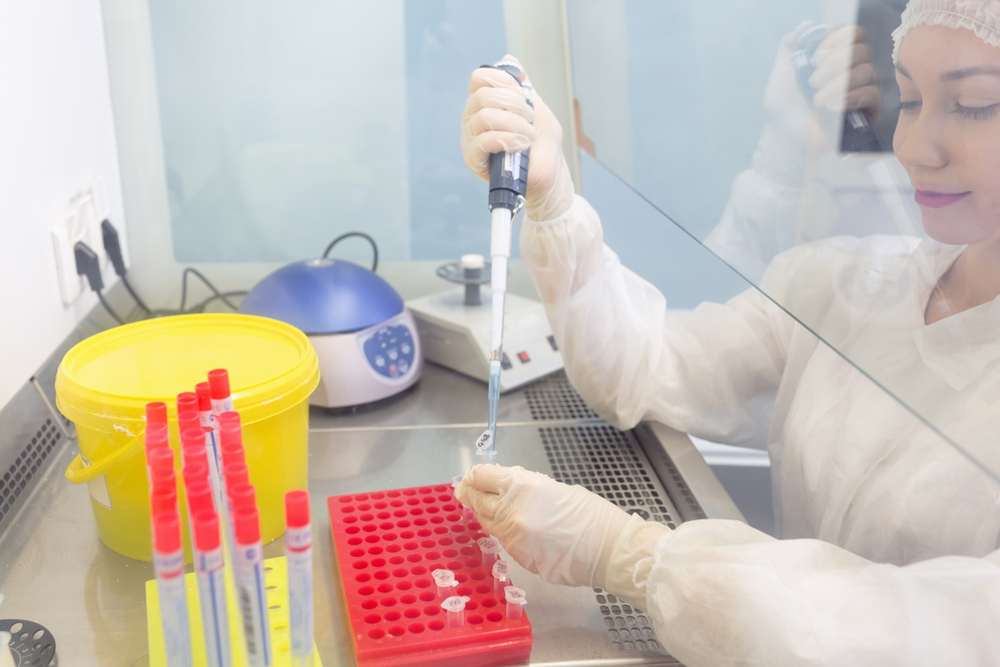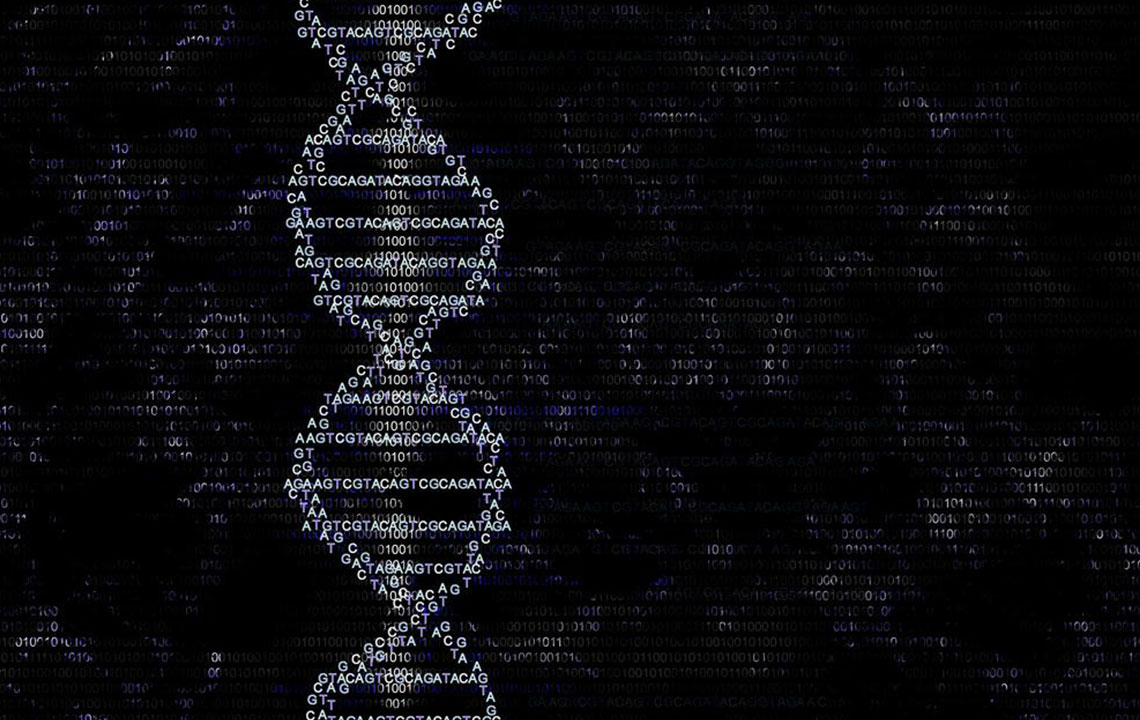A Comprehensive Guide to Home DNA Testing Kits
Discover everything about home DNA testing kits, including how they work, differences between test types, and step-by-step guidance. Learn how DNA reveals unique personal and ancestral details, helping you uncover unexpected family insights or confirm lineage. With user-friendly at-home kits available, exploring your genetic roots has never been easier or more accessible.

A Complete Overview of At-Home DNA Testing Solutions
All You Need to Know About Home DNA Testing Kits
Increasingly, individuals are opting for DNA tests to uncover personal and ancestral insights. Your DNA contains invaluable information that can reveal your origins, family history, and unique traits.
Even if you believe you know your background, DNA testing can uncover surprising details. Many users discover unexpected connections or traits through these tests.
Now is an excellent time to invest in a DNA testing kit, with a wide variety of options available on the market.
To help you understand these kits better, here are key questions and answers about DNA testing procedures and benefits.
What is DNA?
DNA, or Deoxyribonucleic Acid, is the fundamental genetic code that forms every living organism. Think of it as a detailed blueprint that guides biological development.
It comprises four chemical bases that work in concert to direct cells in producing amino acids, which in turn build proteins. These proteins develop into organs, tissues, and ultimately, a complete organism.
Just like fingerprints, each person’s DNA is unique. Although humans share roughly 99% of their DNA, the subtle differences account for individual appearance, voice, and personality traits.
Differences Between Autosomal and Mitochondrial DNA Tests
:
Autosomal DNA tests analyze chromosomes inherited from both parents and are ideal for determining race, ethnicity, and regional roots.
mtDNA (mitochondrial DNA) tests focus exclusively on maternal lineages, tracing ancestors on the mother’s side—such as mother, grandmother, etc.—but provide less comprehensive information than autosomal testing.
Note that mtDNA tests do not reveal information about the paternal lineage, such as your father's heritage or male relatives.
What Are Y-DNA Tests?
Y-DNA testing examines chromosomes inherited from your father, allowing users to explore paternal lines.
Only men can undergo this test, which helps follow paternal ancestry and confirm paternity.
This test can also be used to identify the biological father of a child.
Steps to Conduct a DNA Test at Home
:
Choose a trusted provider based on the tests they offer and the information you seek. Register your details on their website and order a DNA testing kit.
Some providers supply free kits, while others require payment and sample submission by mail.
Most home DNA tests use saliva samples rather than blood, making the process easy and non-invasive.
Follow the kit instructions carefully—samples may include saliva from gums or swabs from the inside of your cheek. Refer to the provider’s website if unsure.
Send your samples back to the laboratory as per their guidelines. Remember to activate your kit and link it to your online account to access results.
Results are typically available within 4 to 8 weeks, either online or through postal delivery, depending on the provider.
Summary:
Your DNA is a rich source of personal and ancestral information. Many individuals are discovering fascinating details about their origins through at-home testing kits. With numerous options available today, choosing the right kit can be overwhelming. This guide helps clarify the different types of DNA tests and the steps involved, empowering you to explore your genetic history confidently. DNA testing can reveal surprising insights about your background and identity, making now the perfect time to explore these innovative options.










